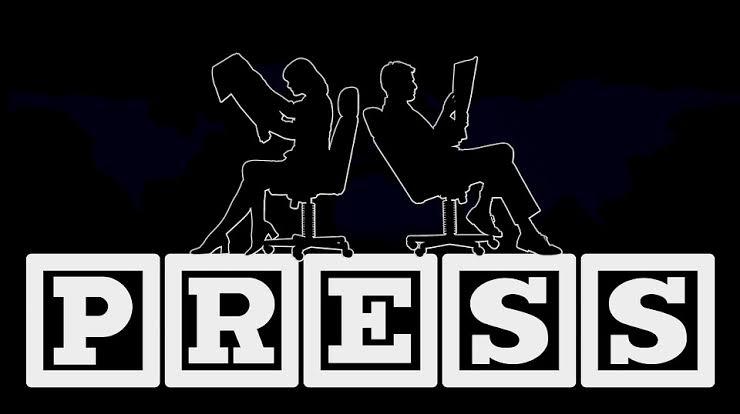Labour Codes Spell Anarchy for Indian Journalism, Say Journalists’ Union

Image Used for Representational Purpose Only
Hundreds of journalists stormed the streets of the national capital on Wednesday registering their protest against the labour reforms being unleashed by the Narendra Modi-led Bharatiya Janata Party government. The demonstration was led by the National Alliance of Journalists (NAJ) and Delhi Union of Journalists (DUJ).
Marching from the Press Club of India to the Shram Shakti Bhawan (Office of Labour Ministry), the journalists called the codification process a “hasty cut-and-paste job”, which intends “to destroy the entire labour law architecture of the country.”
“The labour codes spell disaster for all Indian workers. We must oppose them tooth and nail,” DUJ said in a statement.
The protest of the journalists comes in the backdrop of several protests by numerous workers’ fronts across the nation who stand against the amalgamation of the currently existing 44 central labour laws into four codes.
As far as the journalists are concerned, two acts, namely Working Journalists and other Newspaper Employees (Conditions of Service) and Miscellaneous Provisions Act of 1955, and the Working Journalist (Fixation of rates of wages) Act, 1958, are set to get subsumed.
According to the journalist bodies, the two acts provide foundation for fair working conditions and protections to the working journalists of the nation.
On top of snatching away the protective provisions, the four codes—specifically the Code on Occupational Health, Safety and Working Conditions, 2019 (OSH Code)—“meets none of the demands” of journalists, such as an end to the contract system, legal protection from attacks on media workers, risk insurance, removal of criminal defamation, proper pensions among others, contends the protesting journalists.
Though the OSH code do expand the definition of ‘working journalists’ to those working in electronic media has been a long due demand of the journalists’ union, it takes away the heart of the Working Journalists Act—the legal safeguards—and leaves the working journalists (now, even those working in the electronic media) with a skeleton, as also earlier was reported by NewsClick.
Out of the four codes, Code on Wages has already been passed by Parliament and another OSH code is under consideration of the Standing Committee on Labour. The code on Industrial Relations received a nod on November 20 from the Union Cabinet to be introduced in Parliament.
With the “ill conceived idea” of codification of labour laws set become a reality in the second term of Modi, the journalists allege that it is to “pander” to the demands of the industry for ‘ease of doing business’, which is at the cost of the rights of the working journalists.
Get the latest reports & analysis with people's perspective on Protests, movements & deep analytical videos, discussions of the current affairs in your Telegram app. Subscribe to NewsClick's Telegram channel & get Real-Time updates on stories, as they get published on our website.
























